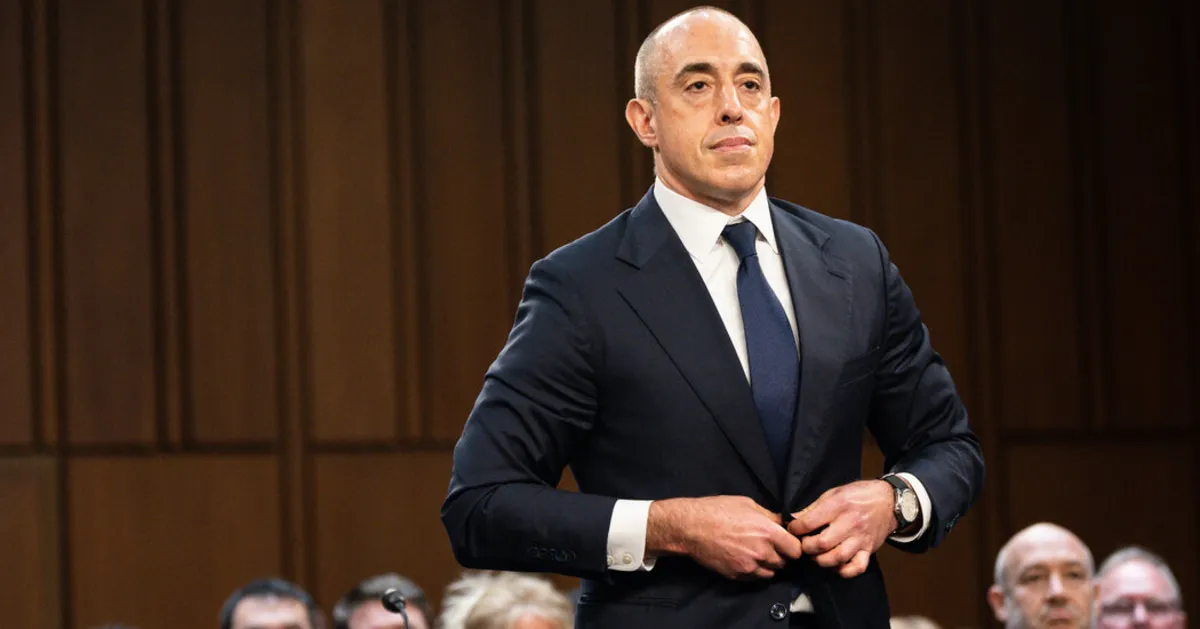
A former Justice Department lawyer has come forward with serious allegations against the Trump administration, claiming it has been “thumbing its nose at the courts.” In an exclusive interview with The New York Times, Erez Reuveni, who has filed a whistleblower complaint with the Senate, expressed his growing alarm at the ethical dilemmas faced by his colleagues. He suggested that attorneys within the department have been forced to choose between adhering to the president’s agenda and fulfilling their ethical obligations as legal professionals.
Reuveni, who previously defended the administration's aggressive deportation agenda, is now willing to testify before Congress or in court regarding what he describes as an intentional effort by the administration to disregard judicial rulings and the due process rights of countless migrants. His testimony could shed light on the troubling practices he witnessed while working at the Justice Department.
In April, Reuveni was terminated from his position after he represented the administration in court concerning the erroneous deportation of a Maryland man. This individual, Kilmar Armando Abrego Garcia, faced deportation despite not having received proper legal process. Reuveni highlighted an alarming incident on March 15, when immigrants were rapidly flown to a maximum-security prison in El Salvador, known as CECOT. He warned that this instance epitomizes the administration's blatant disregard for both facts and the law.
“If they can do this sort of thing to Abrego Garcia, to 238 people that nobody knows, and send them to CECOT forever with no due process, they can do that to anyone,” stated Reuveni. He emphasized the critical implications of such actions, stating, “It should be deeply, deeply worrisome to anyone who cares about their safety and their liberty that the government can, without showing evidence to anyone, spirit you away on a plane to wherever, forever.”
Shortly before Reuveni filed his complaint, Emil Bove III, a senior official in the Justice Department, appeared before lawmakers for his nomination to a federal appeals court judgeship. While the administration has largely denied the accusations made by Reuveni, communications such as text messages, phone records, and emails reviewed by The New York Times seem to corroborate the whistleblower's account. These documents provide a glimpse into behind-the-scenes discussions and meetings that indicate Justice Department leaders were urging the acceptance of significant legal risks.
The allegations brought forth by Erez Reuveni raise pressing questions about the intersection of immigration policy and legal ethics under the Trump administration. As he prepares to share his experiences with congressional committees, the implications of his whistleblower claim could resonate throughout the legal community and beyond, highlighting the urgent need for accountability in government actions that affect the rights and safety of individuals.